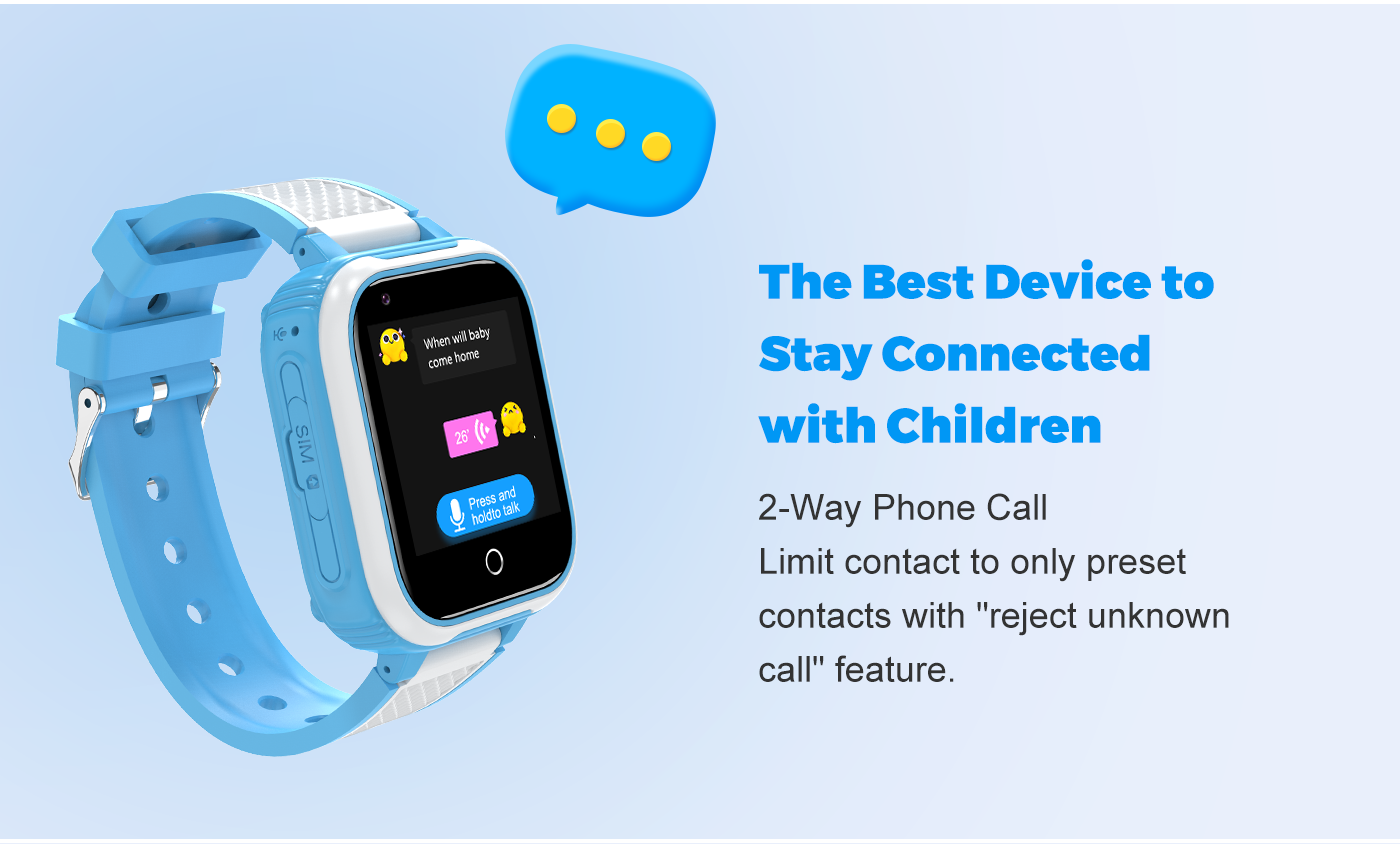Why It's Important to Talk to Your Kids, Especially Right Now
In today's fast-paced world, stress has become an unavoidable part of life for people of all ages, including children. From academic pressures to social challenges to the ongoing uncertainties of the world, children are facing a multitude of stressors that can impact their mental and emotional well-being. As parents and caregivers, it's essential to open up conversations about stress with our kids, particularly during these challenging times. Let's explore why discussing stress with children is crucial and how to approach these conversations with empathy and support.
Understanding Children and Stress
While we often associate stress with adulthood, children are not immune to its effects. In fact, research suggests that stress can have significant impacts on children's physical health, emotional development, and academic performance. Common sources of stress for children include academic pressures, social dynamics, family changes, and external events such as natural disasters or global pandemics.
It's essential to recognize that children may experience and express stress differently than adults. Younger children may exhibit symptoms such as changes in behavior, clinginess, mood swings, or physical complaints like stomachaches or headaches. Older children and teenagers may show signs of stress through changes in sleep patterns, withdrawal from activities, academic struggles, or changes in mood and behavior.
The Importance of Open Communication
Talking to your kids about stress is crucial for several reasons. Firstly, it helps children understand and normalize their feelings, knowing that stress is a common and natural response to challenging situations. By acknowledging their emotions and validating their experiences, you can create a safe space for them to express themselves openly.
Secondly, open communication fosters resilience and coping skills in children. When children feel comfortable discussing their stressors with trusted adults, they are more likely to develop healthy strategies for managing stress and seeking support when needed. By teaching children coping mechanisms such as deep breathing, mindfulness, or engaging in activities they enjoy, you empower them to navigate stress in a constructive manner.
Approaching the Conversation
When talking to your kids about stress, it's essential to approach the conversation with empathy, patience, and reassurance. Here are some tips for having meaningful discussions about stress with your children:
-
Create a safe and supportive environment where your child feels comfortable expressing their thoughts and feelings without judgment.
-
Ask open-ended questions to encourage conversation and active listening. Avoid minimizing or dismissing their concerns, even if they seem trivial to you.
-
Validate their feelings and experiences by acknowledging their emotions and offering empathy. Let them know that it's normal to feel stressed sometimes and that you're there to support them.
-
Provide age-appropriate information and reassurance about the stressors they're facing. Be honest and transparent while offering age-appropriate explanations and reassurance.
-
Offer practical strategies for managing stress, such as relaxation techniques, physical activity, creative outlets, or seeking support from trusted adults or friends.
Talking to your kids about stress is a crucial aspect of supporting their mental and emotional well-being, especially during challenging times. By creating open lines of communication, normalizing their feelings, and providing support and reassurance, you can help your children develop resilience and healthy coping mechanisms for navigating stress throughout their lives. Remember that your presence, empathy, and support are invaluable in helping your children thrive amidst life's challenges.













